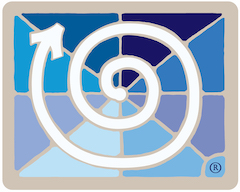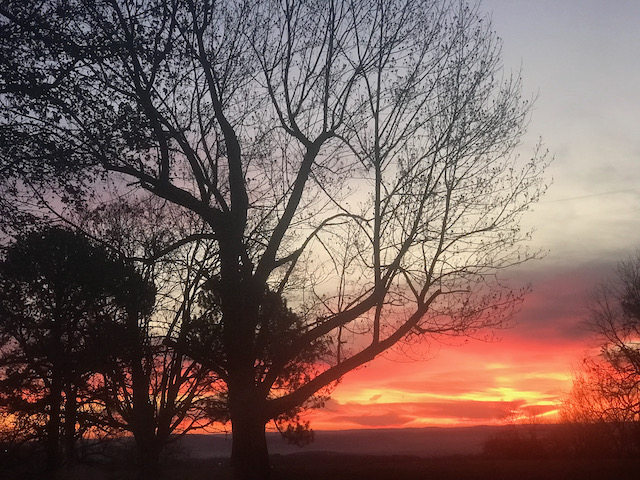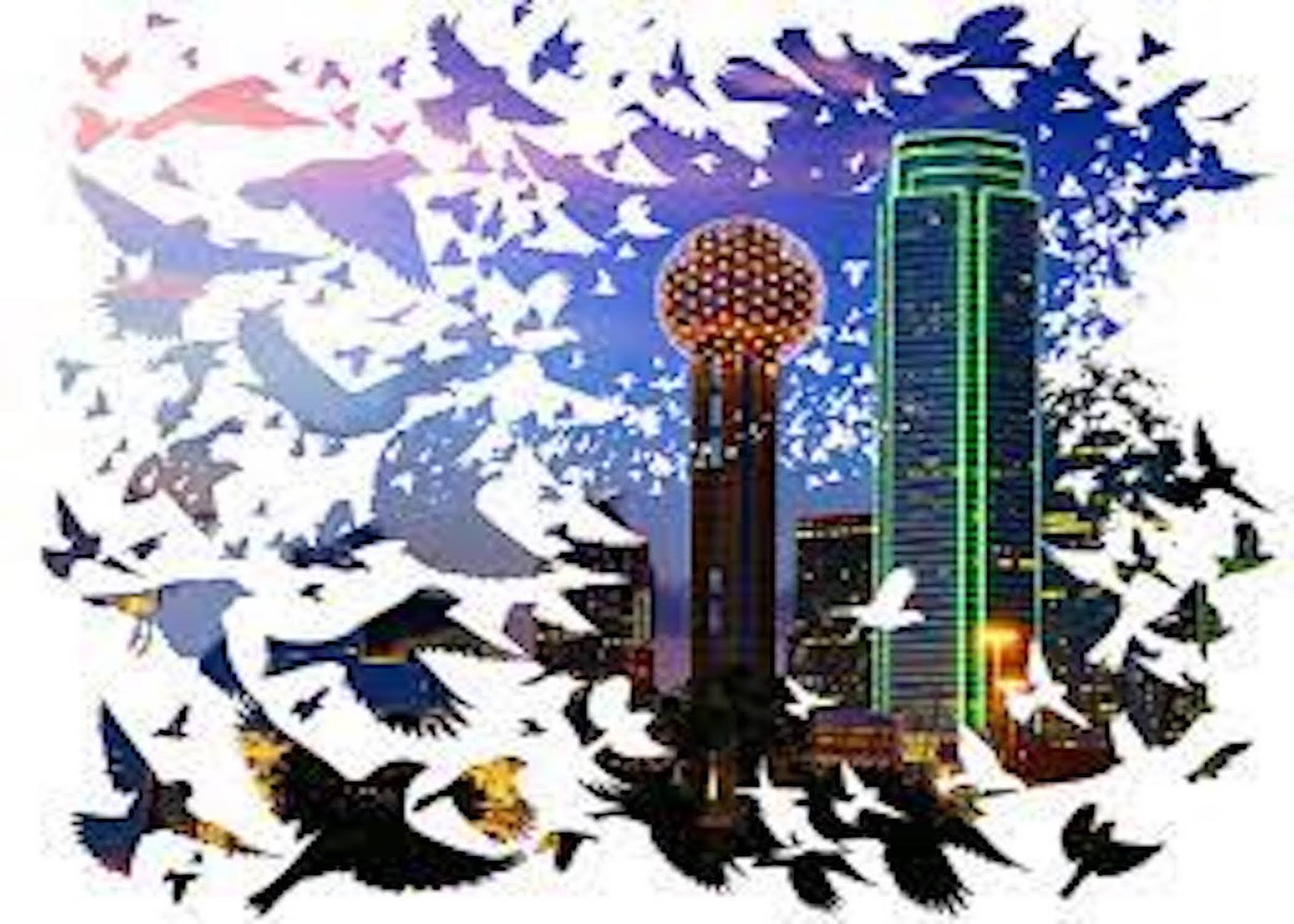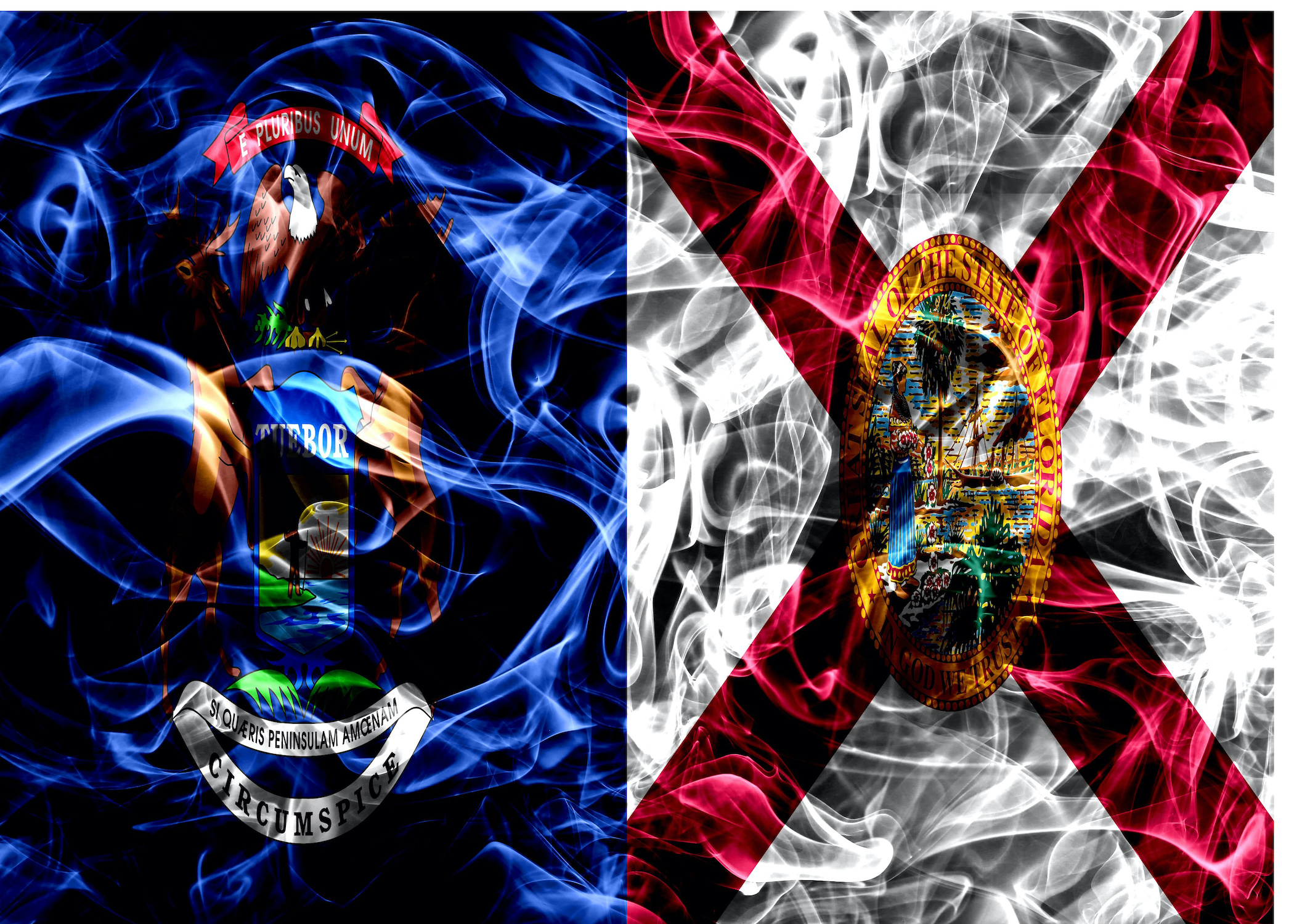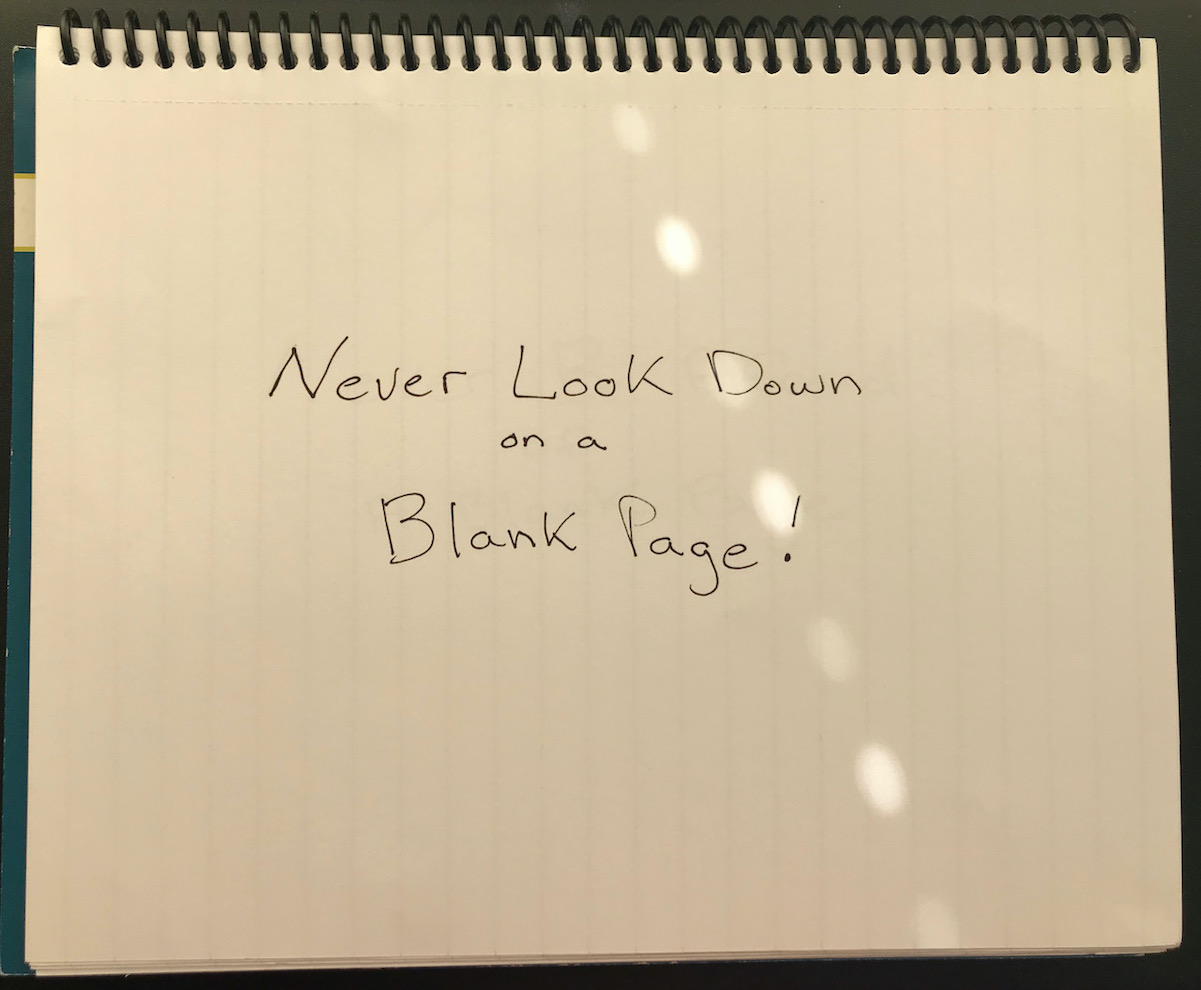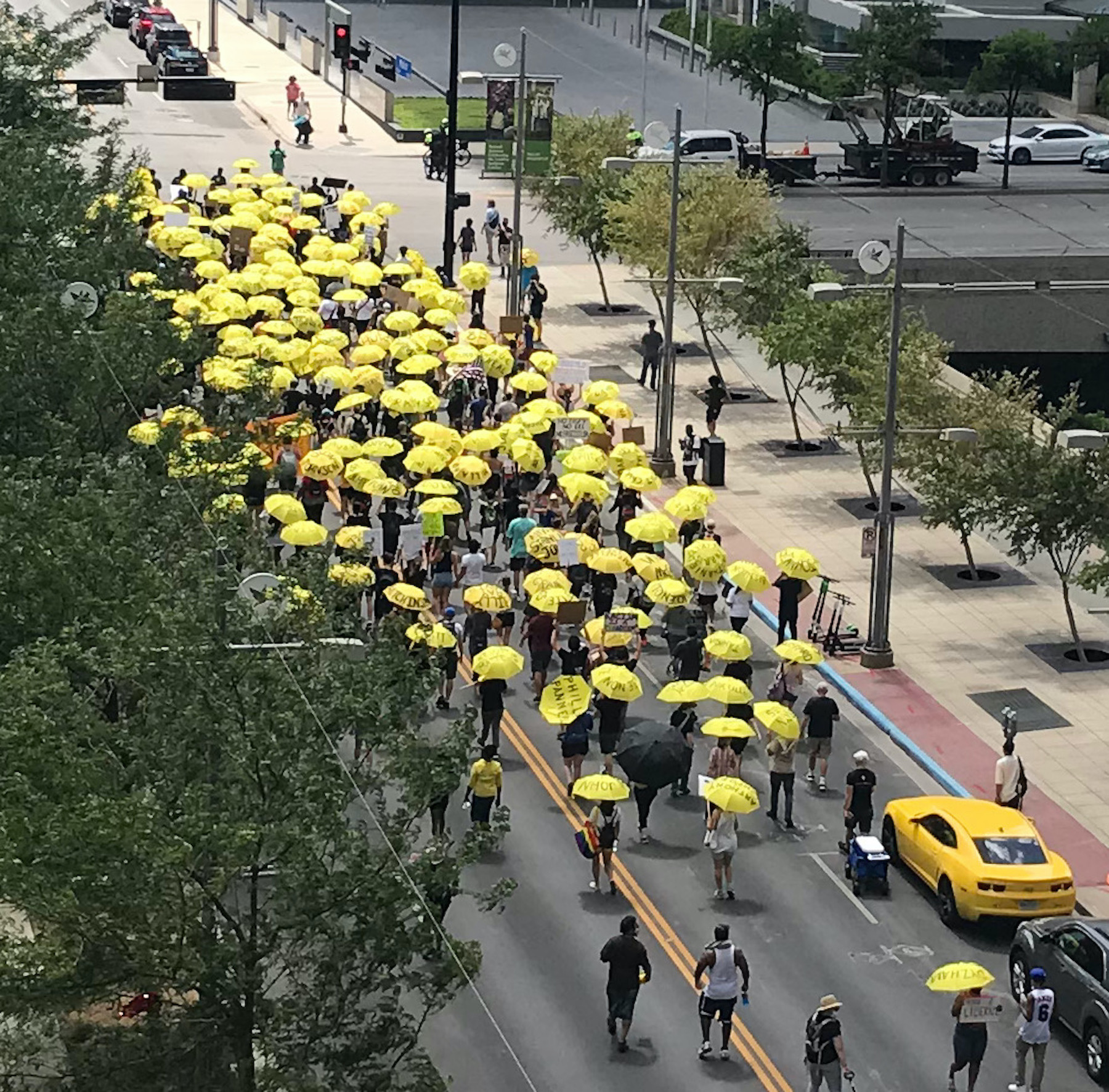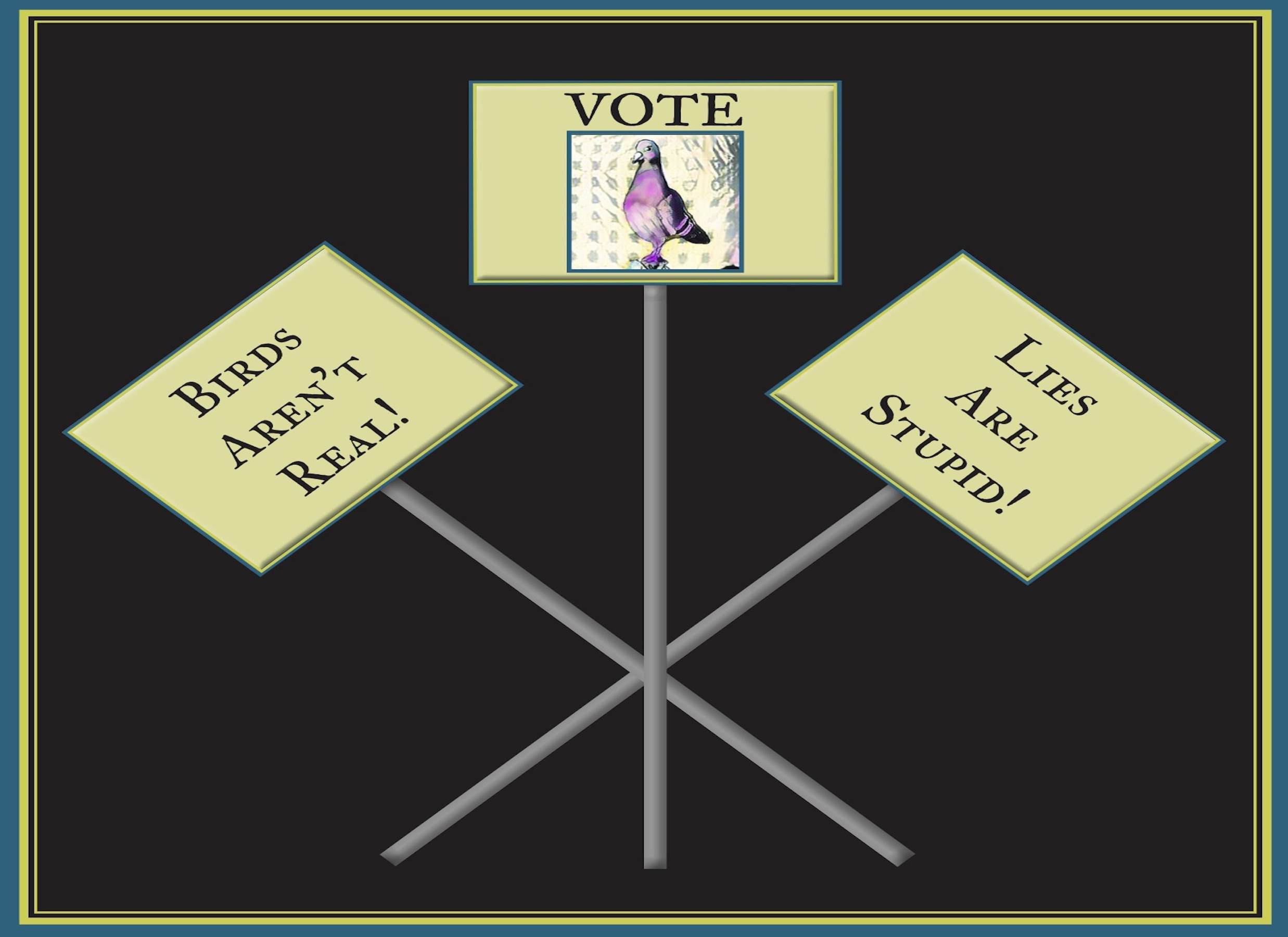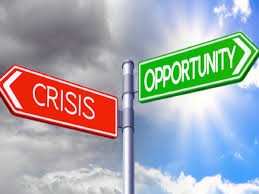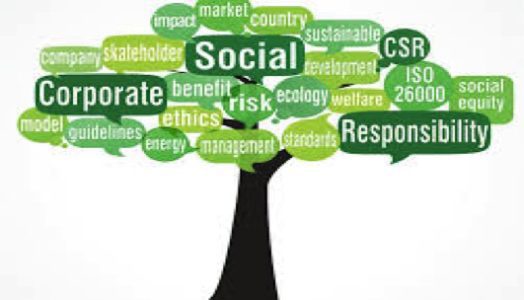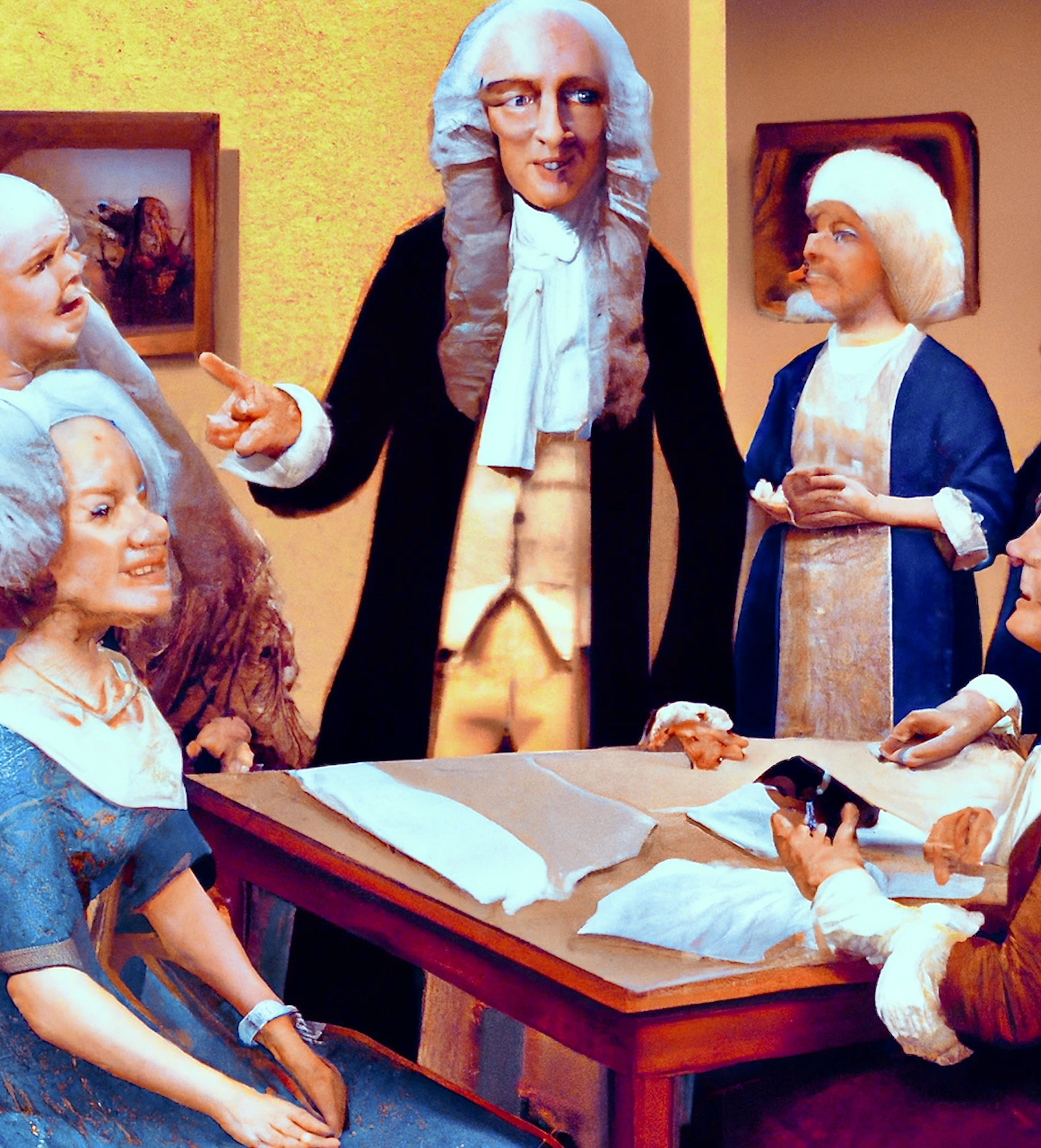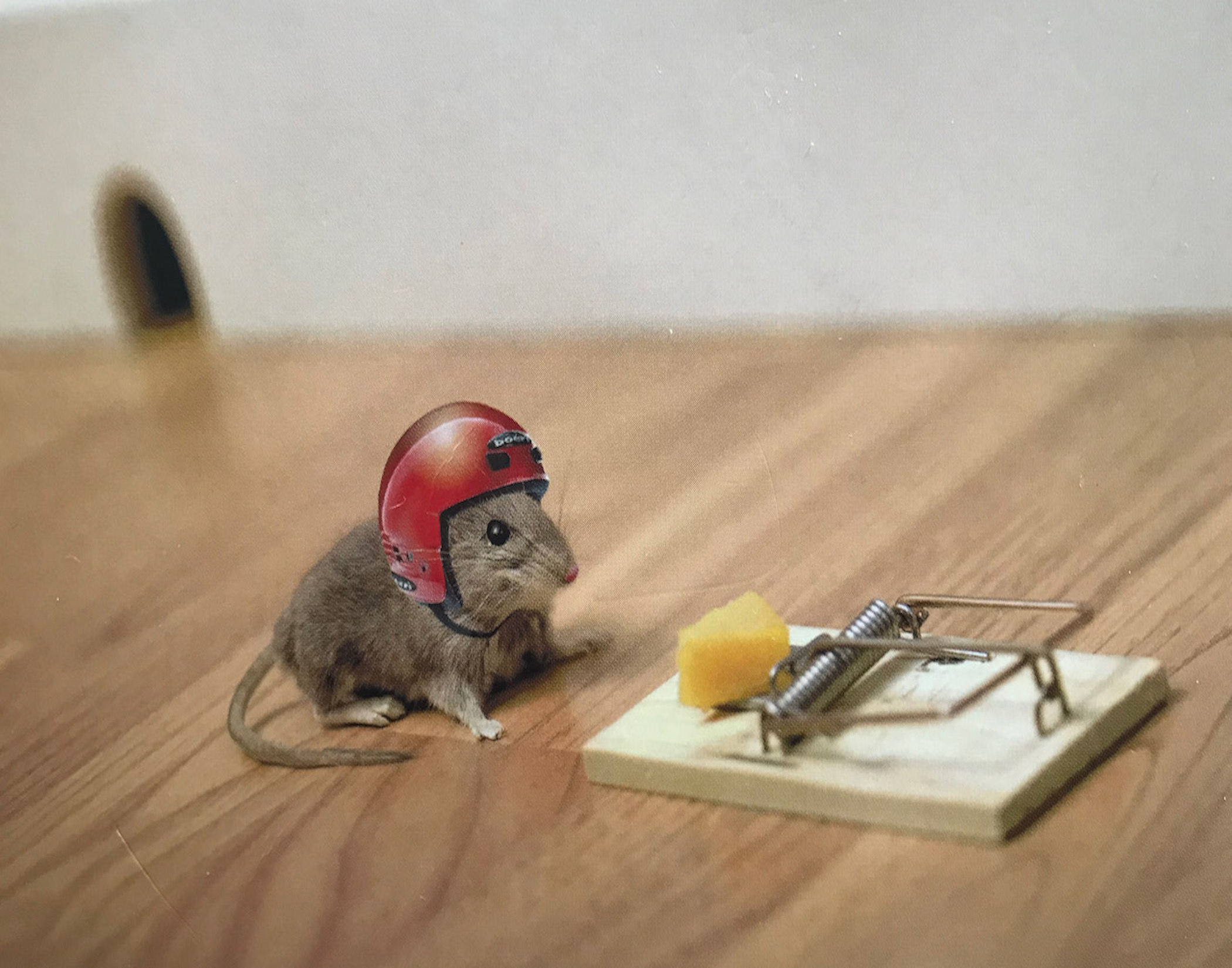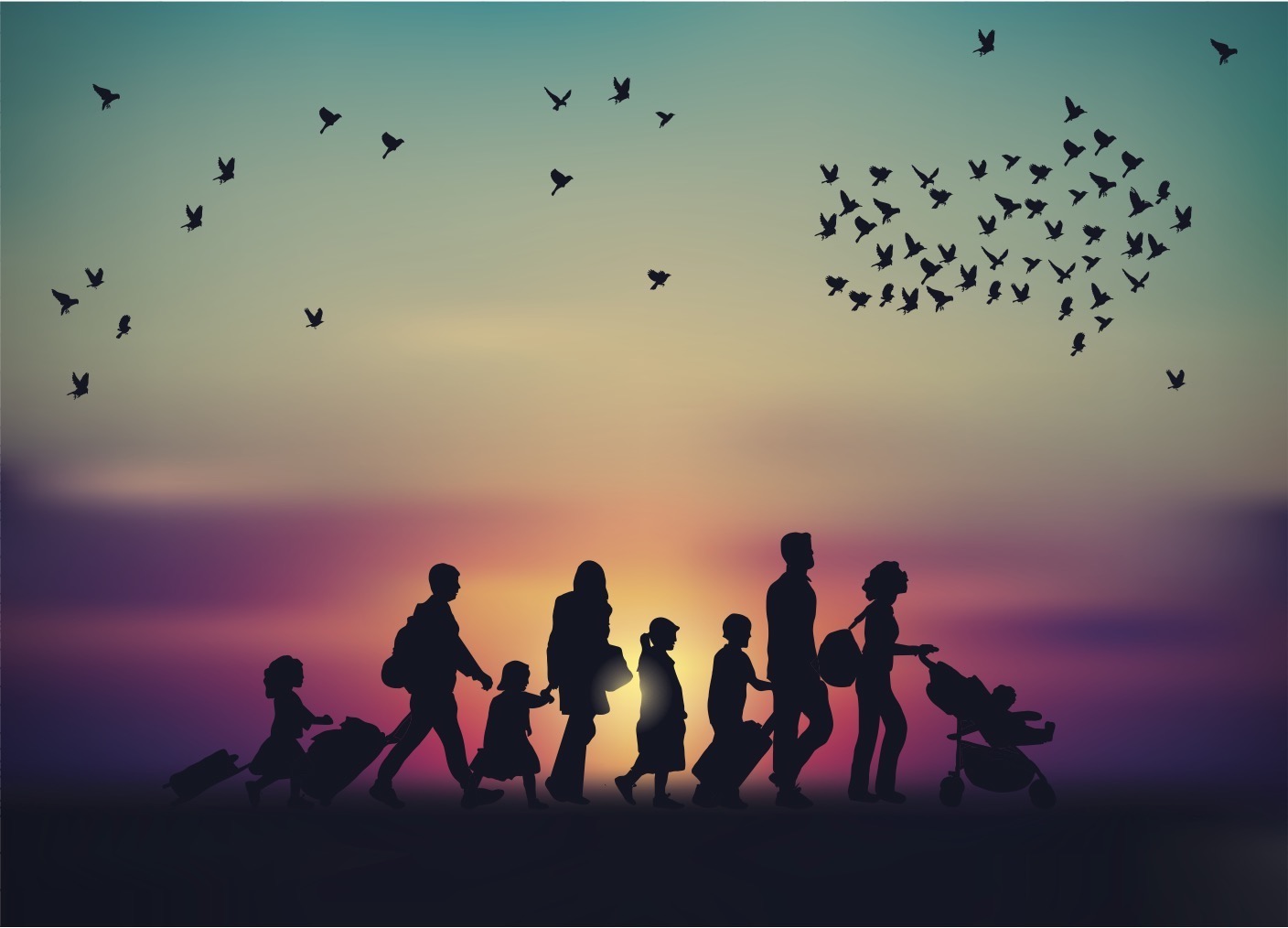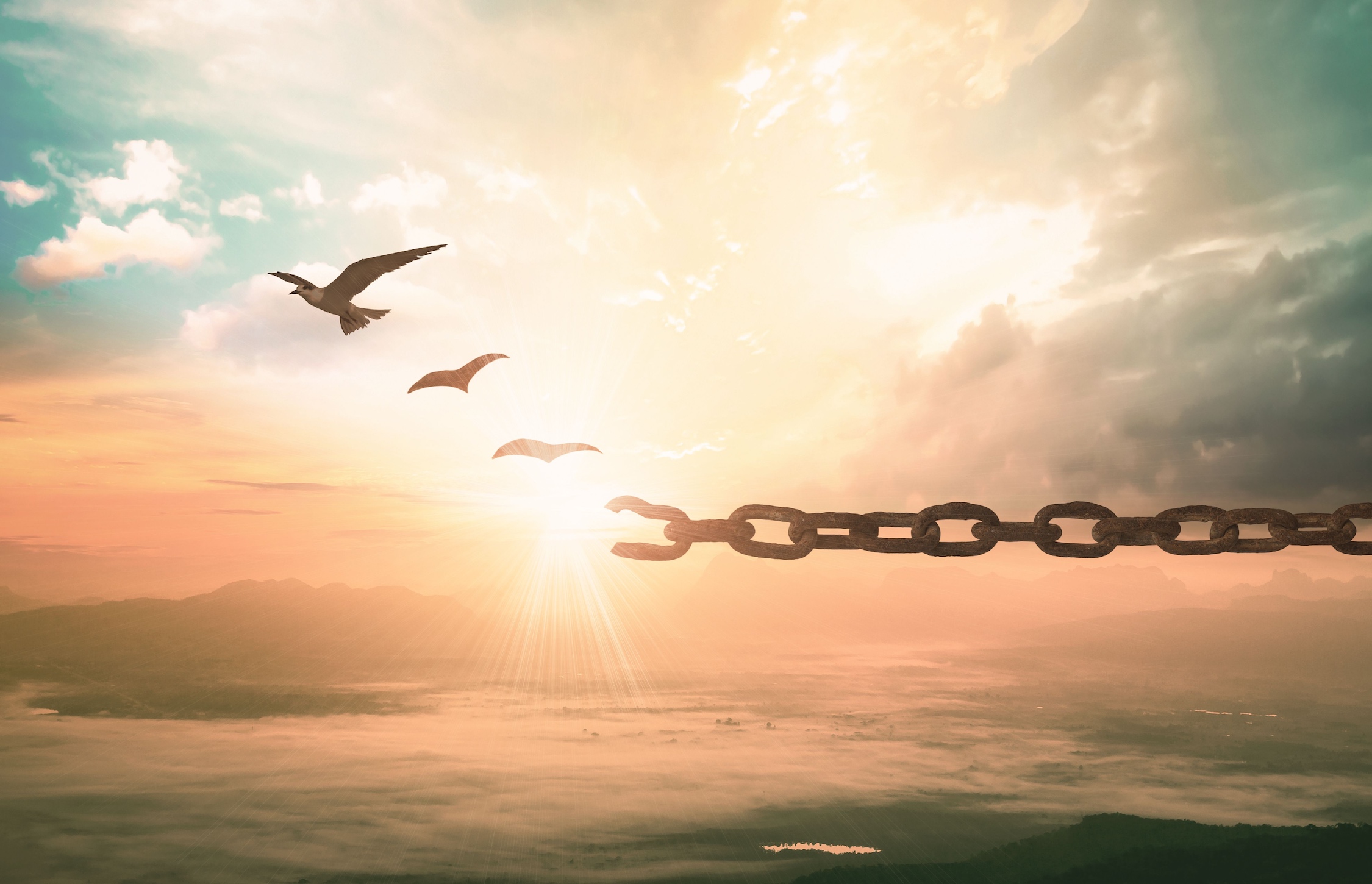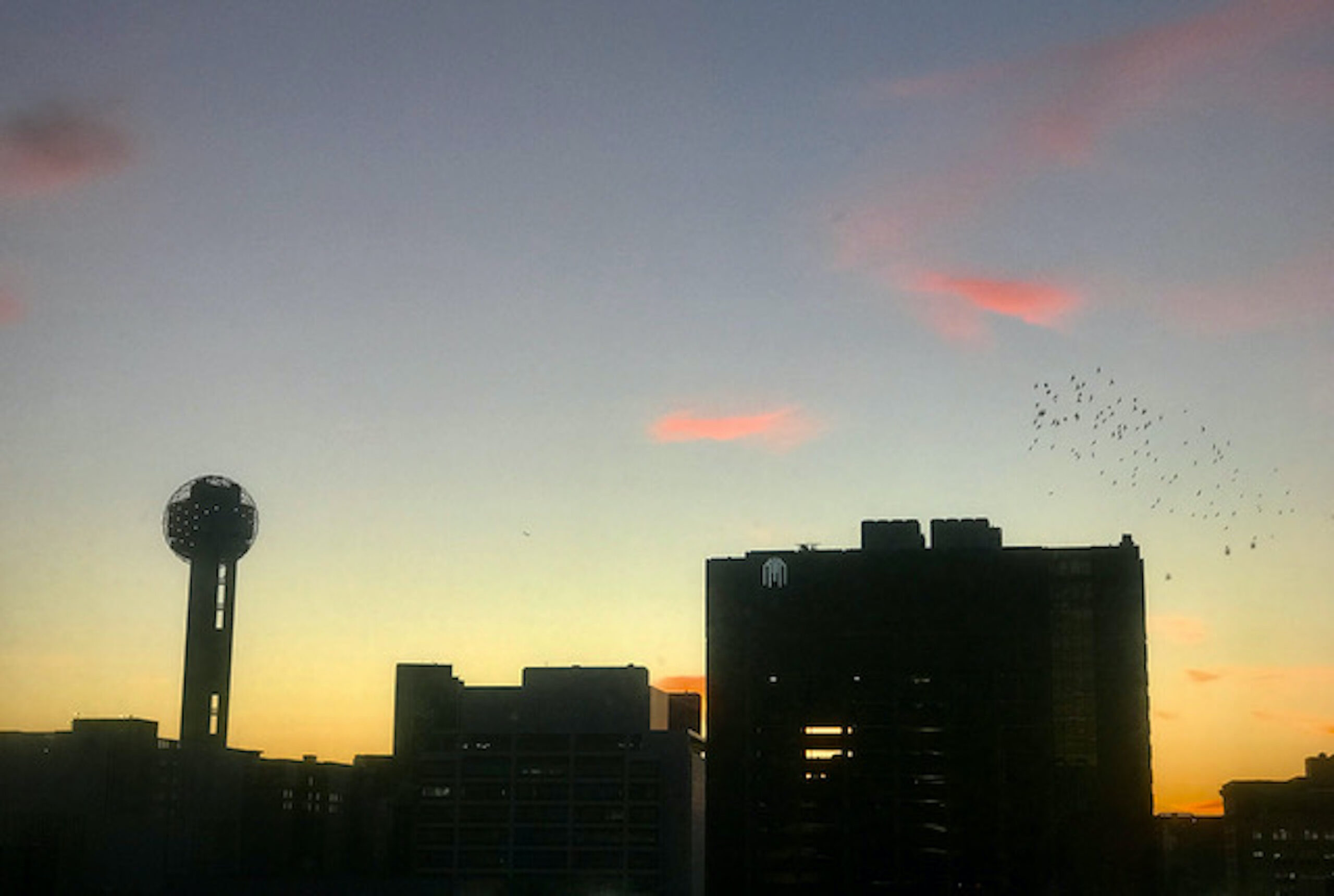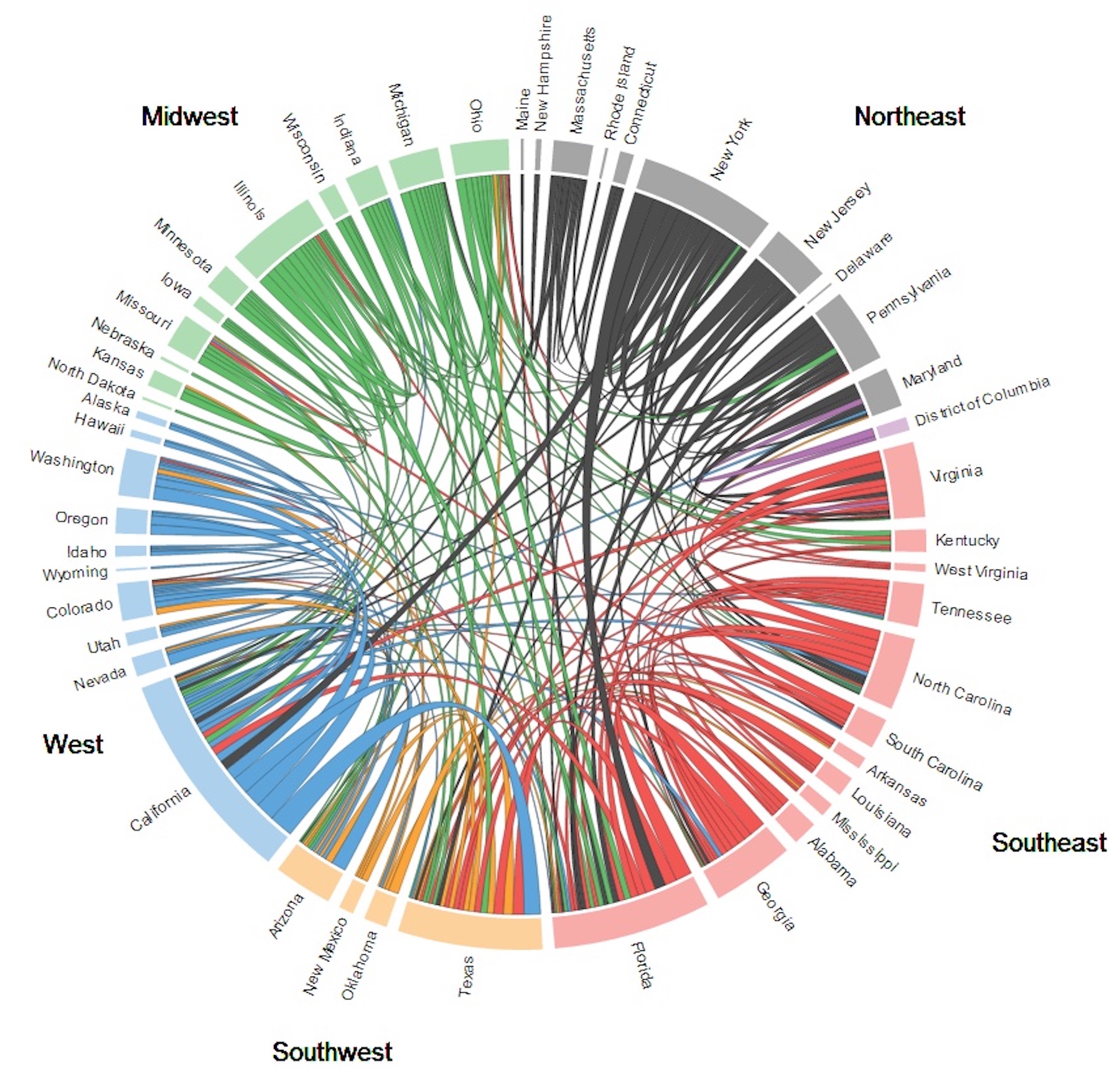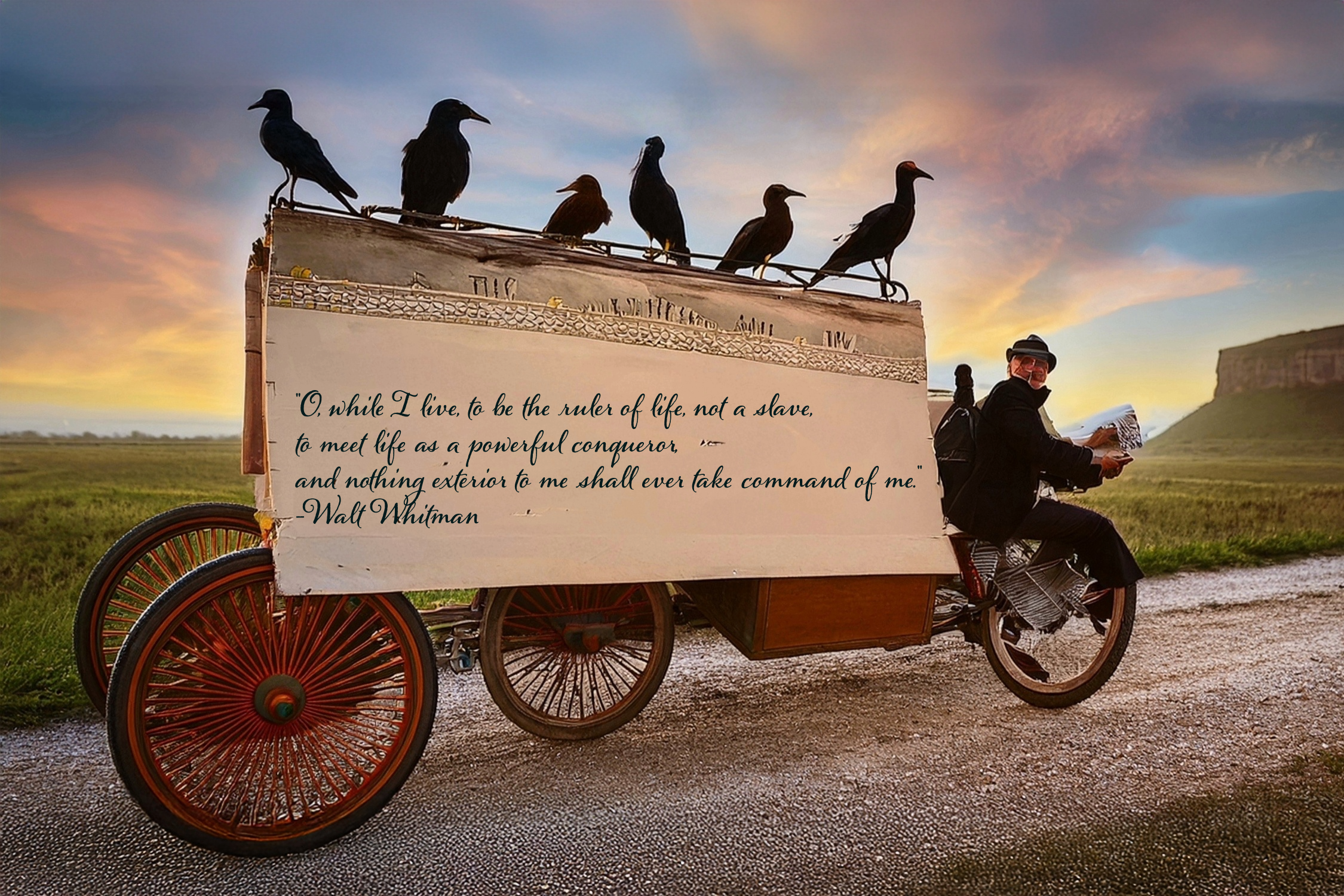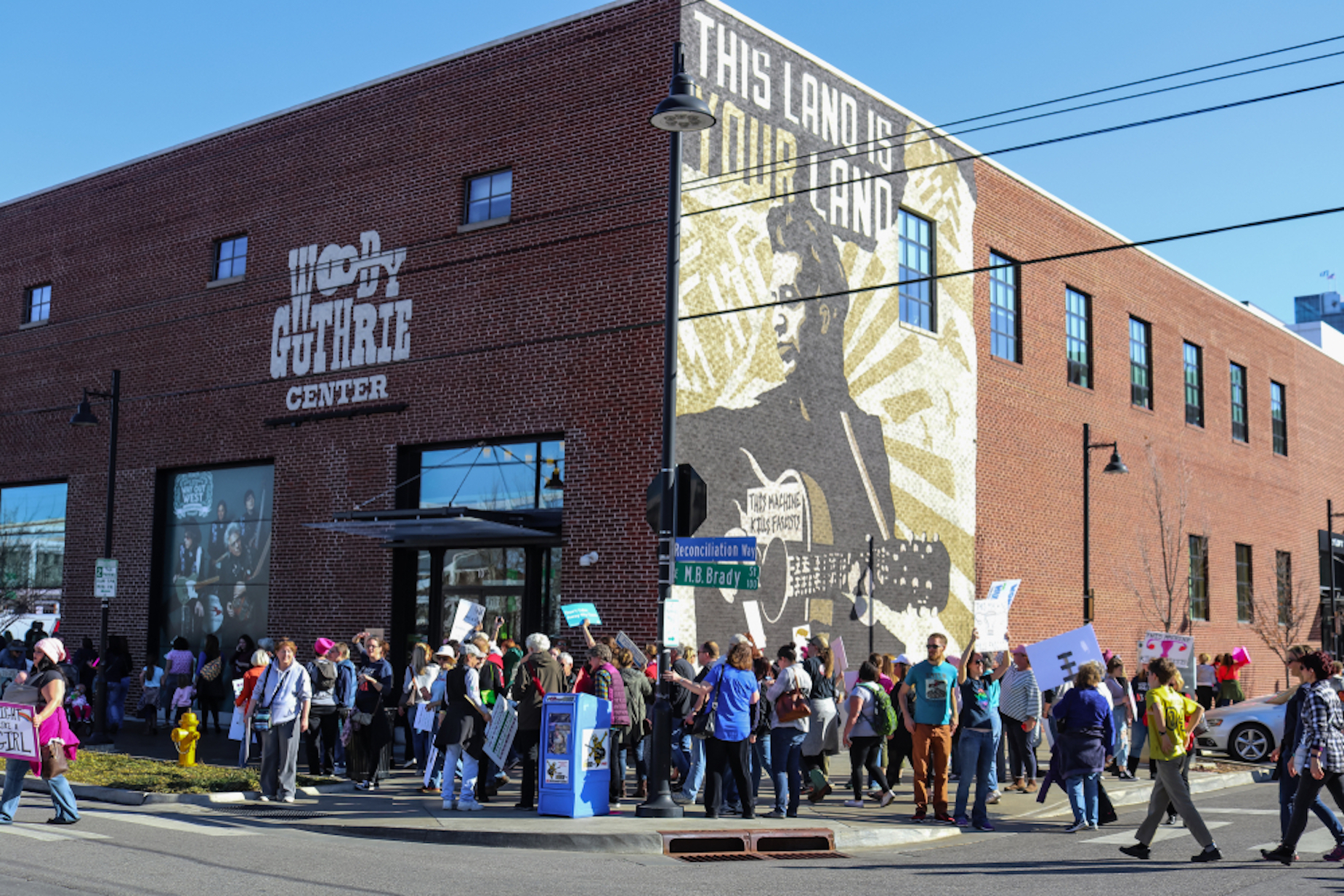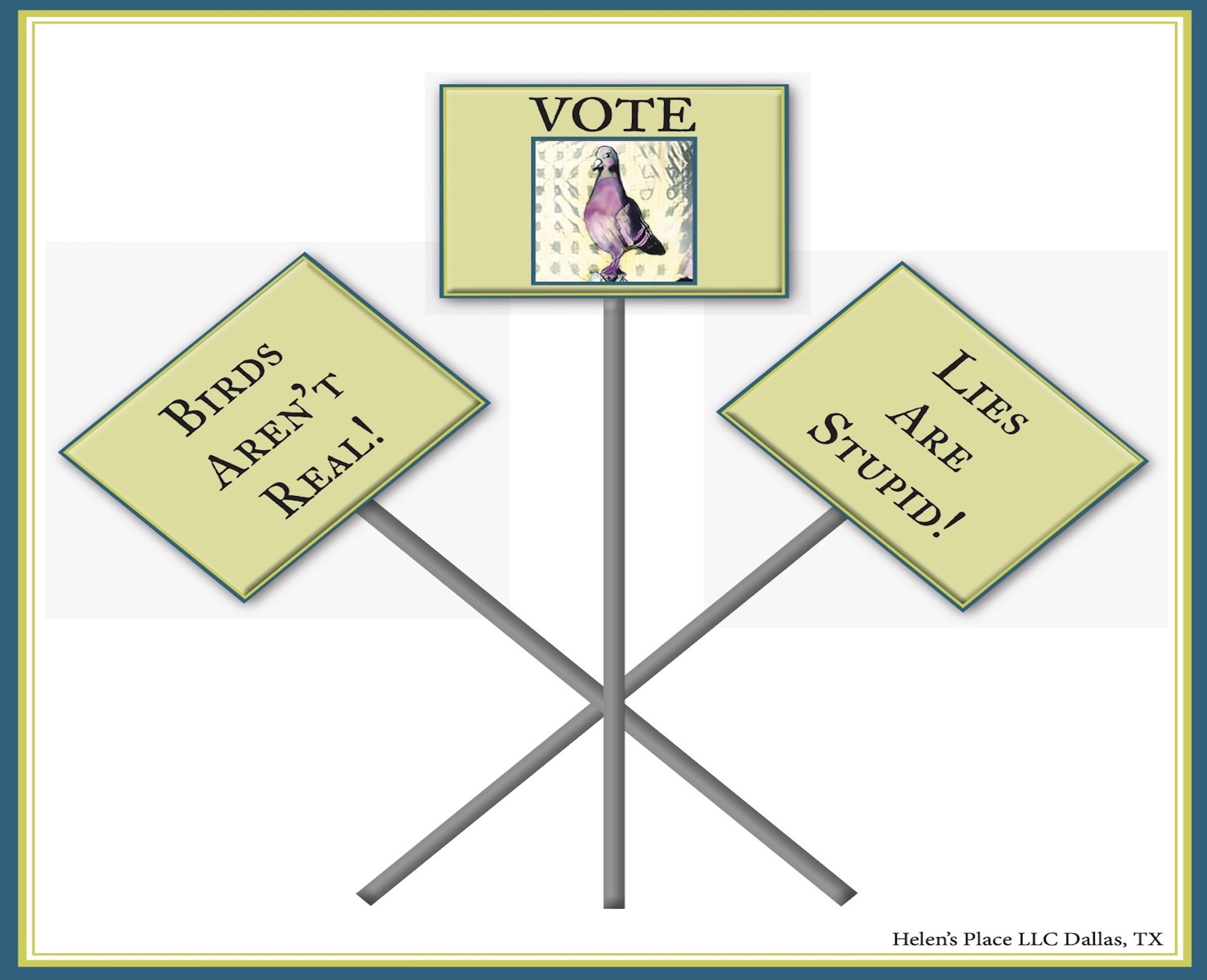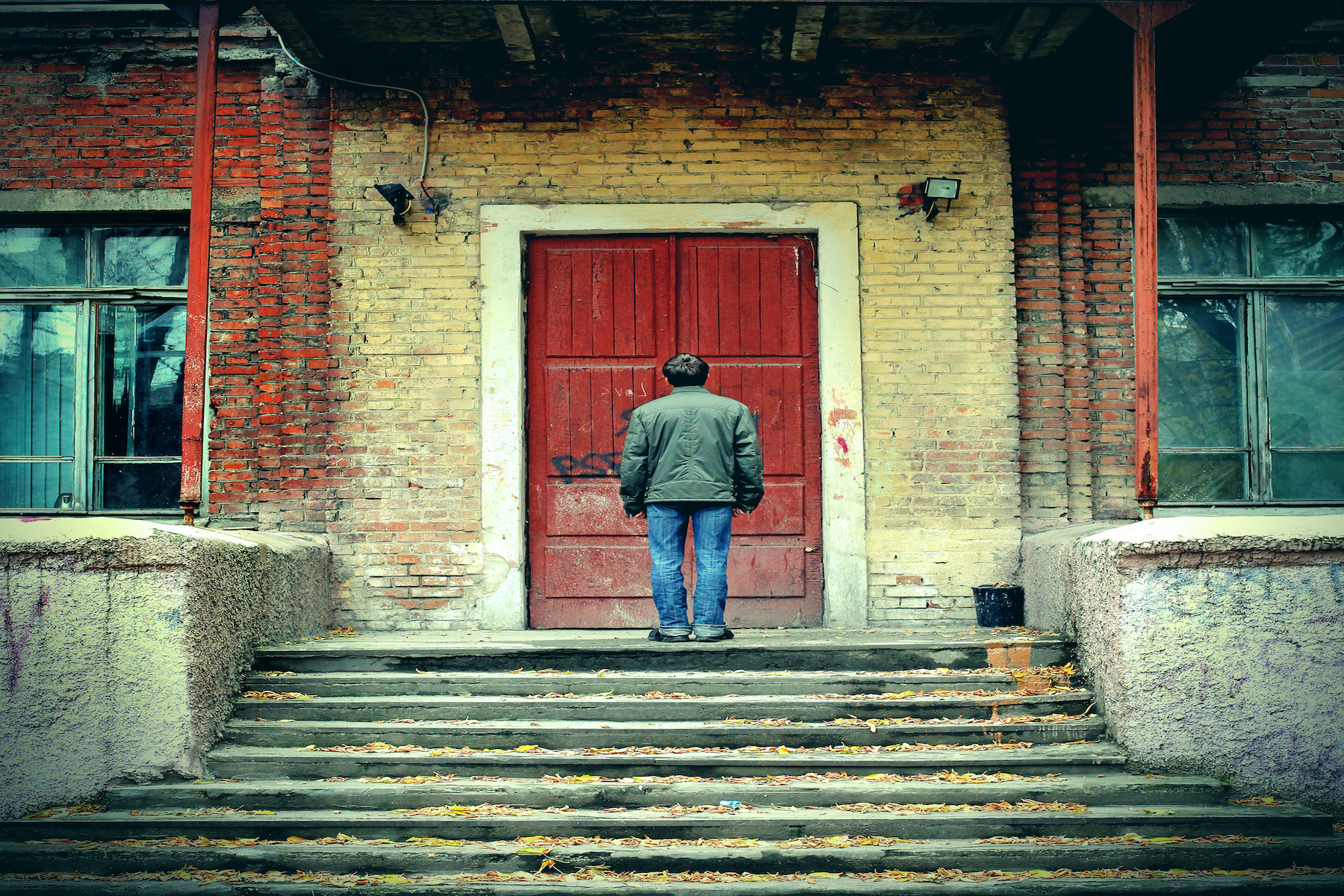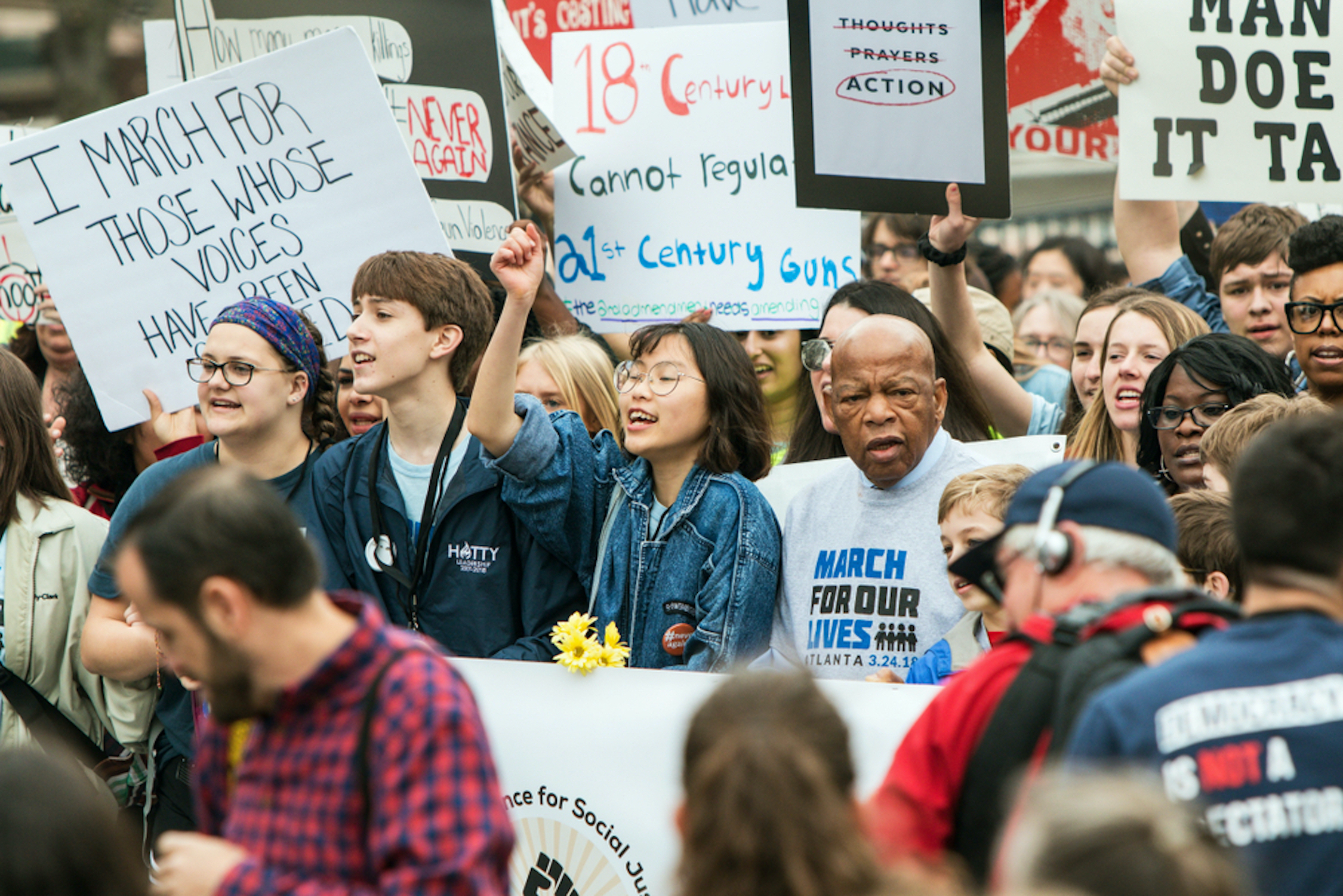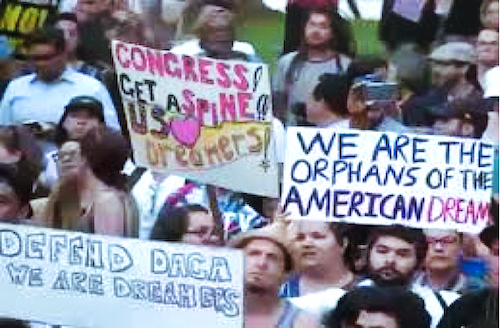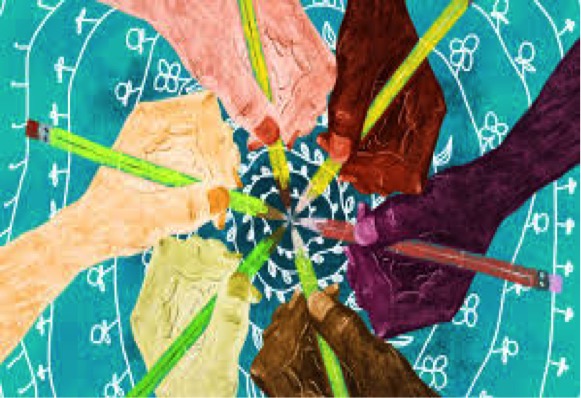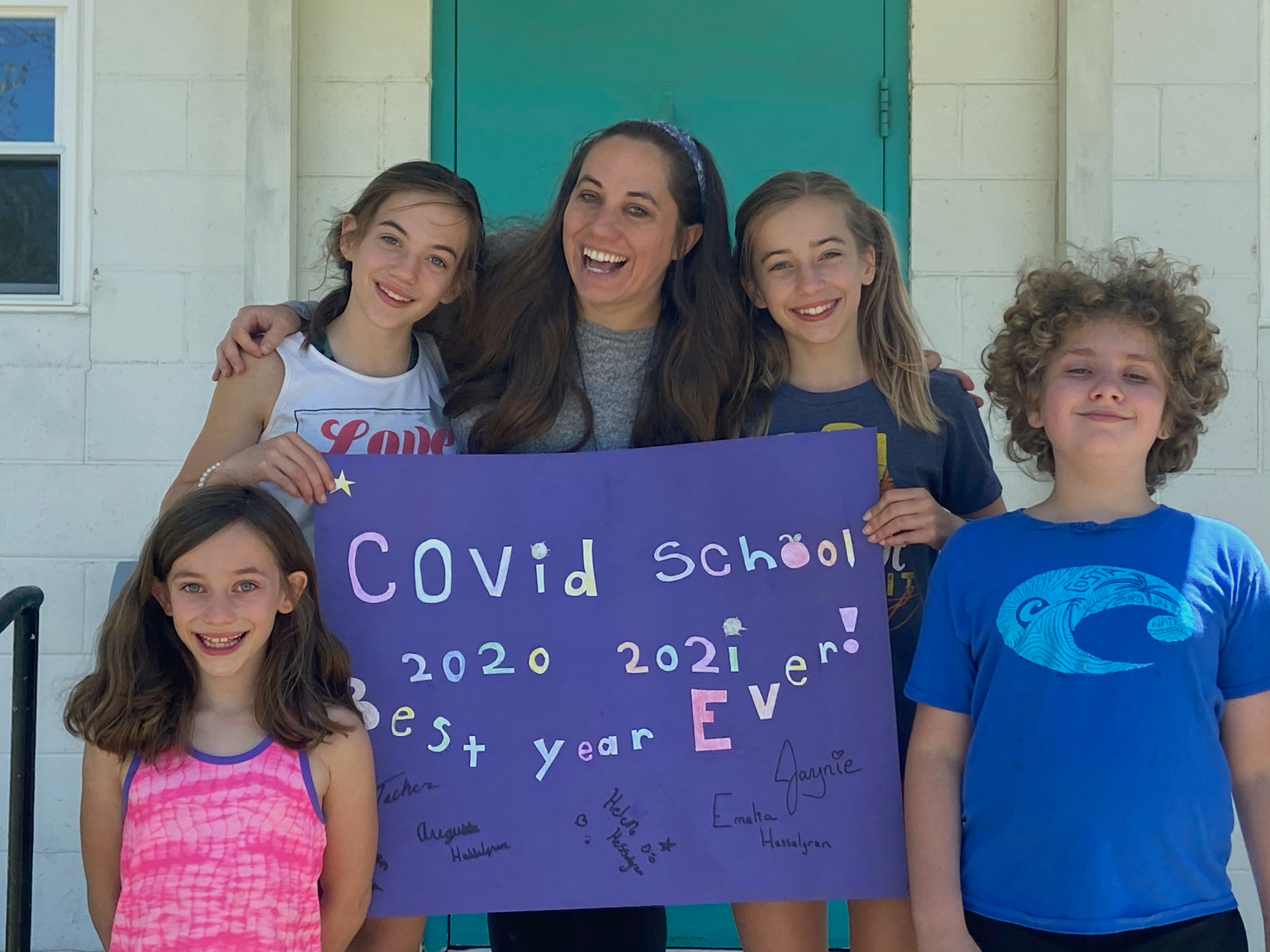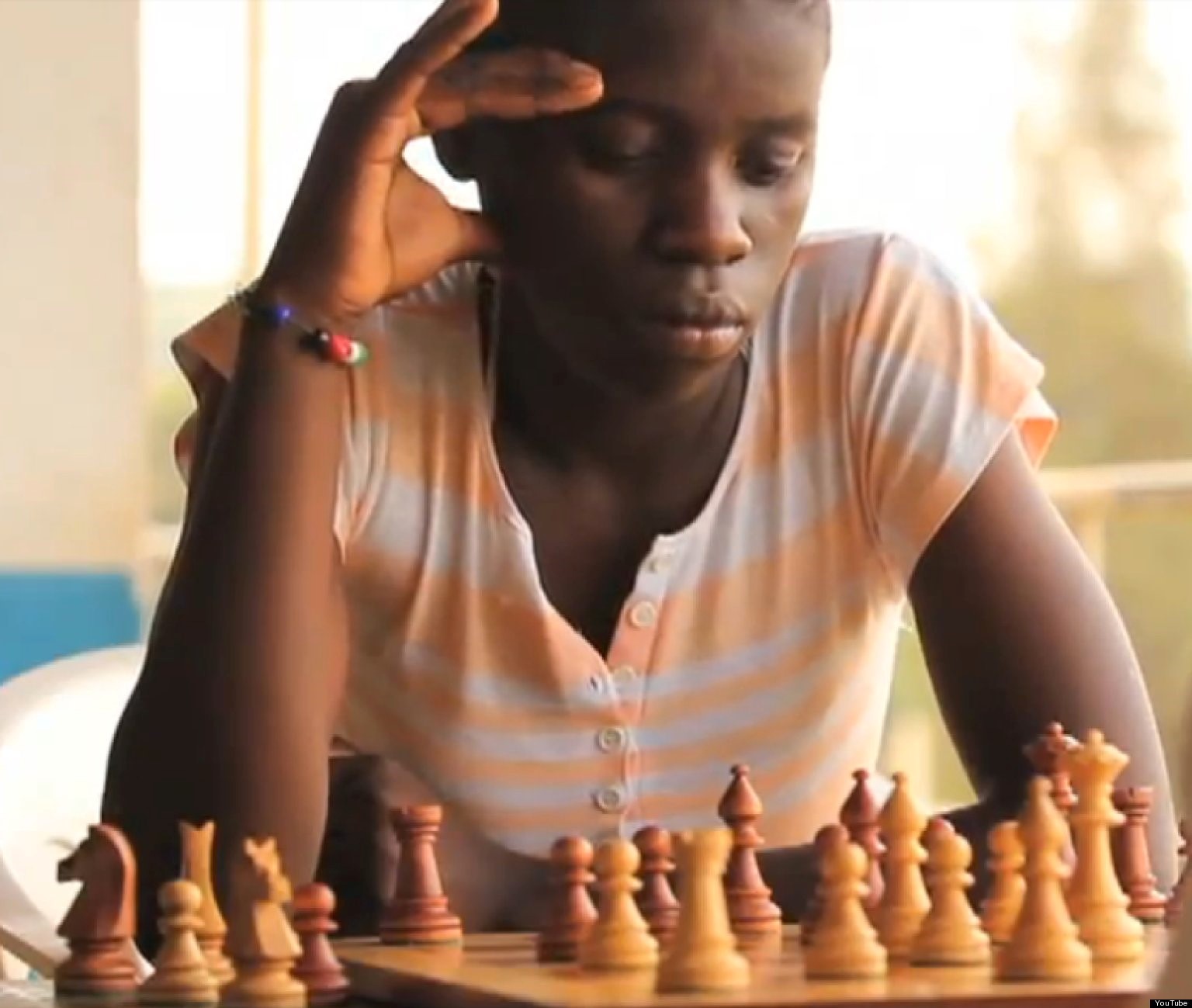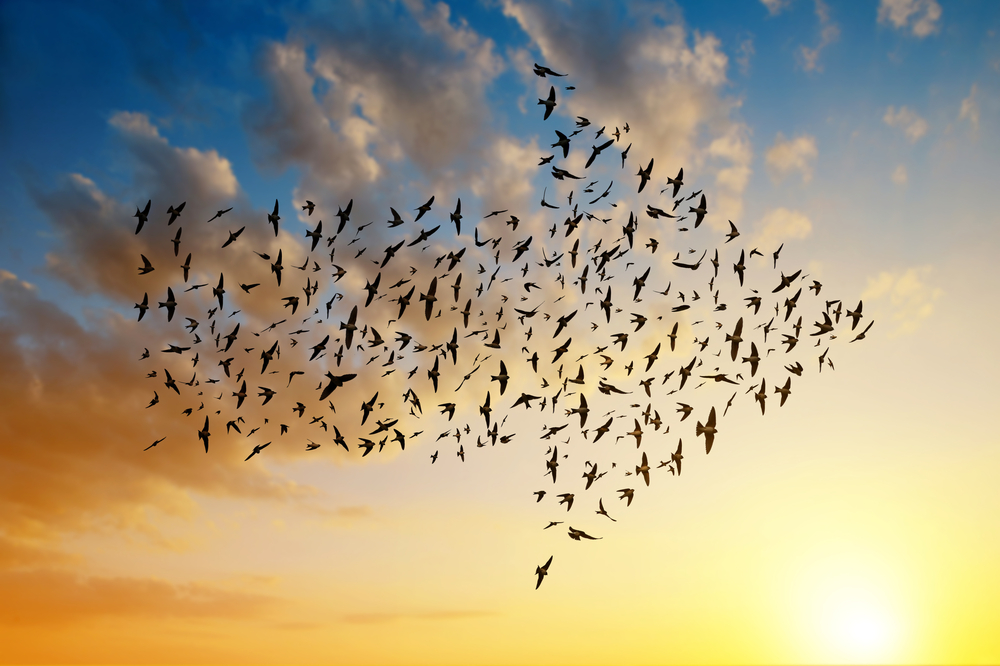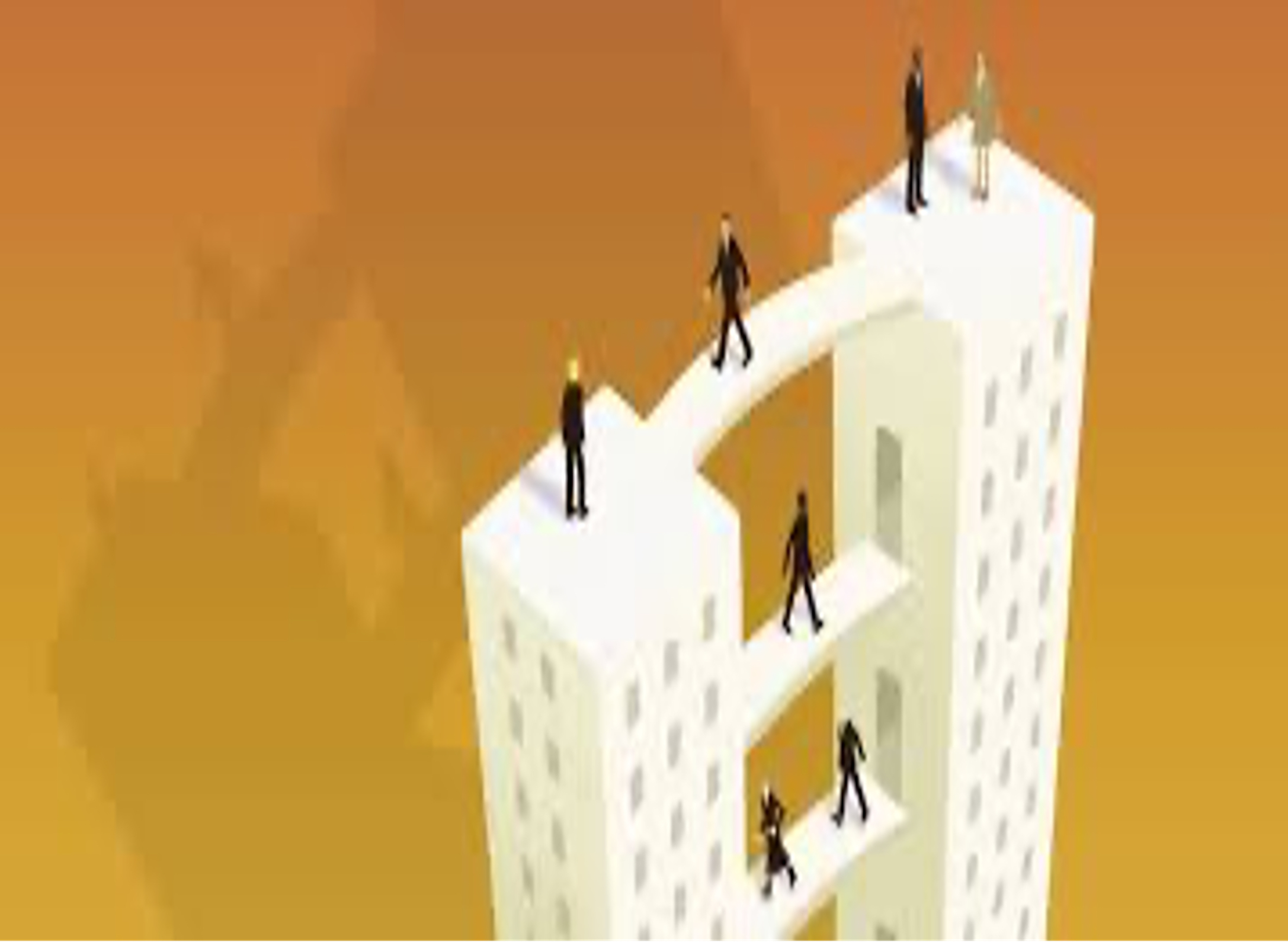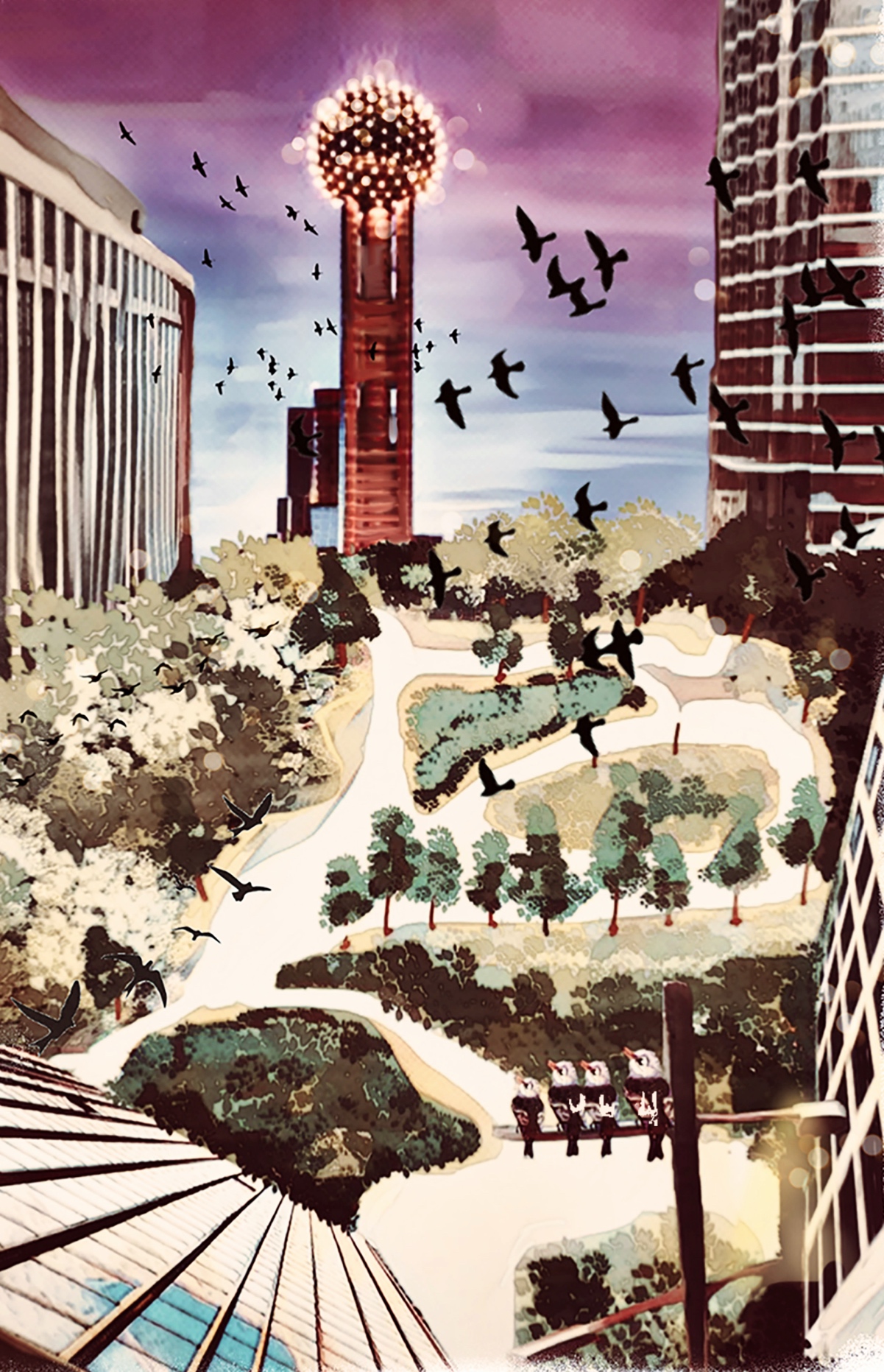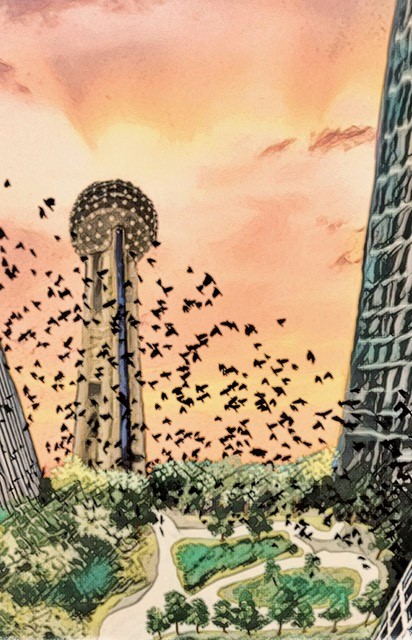- Credits:
- Helen's Place LLC, reflections of a tree at sunrise symbolizing consistency in a troubled world.
Helen’s Place LLC Update: December 1, 2022
Fall is when many American’s review the year and decide what they’re grateful for. This year is especially complicated by feelings of loss for the people who died or were disabled by COVID-19.
The annual review is also complicated by thoughts of family and friends who went off their rockers due to conspiracy theories festered in social media about everything ranging from the pandemic to politics.
It’s been a tough year, and today cranky relatives and friends can no longer be viewed as harmless before a captive audience at the dinner table.
Instead, many have morphed into unreachable places capable of disturbing rhetoric which makes it difficult to get through a meal without incident. The saddest point of reflection is how deeply loved so many people are who went off the deep-end, and how much who they once were are missed.
In fact, it’s sometimes easier to remember someone who died than to see what’s happened to the living and daily gun violence just adds salt to the wound.
Dealing with loss and bad behavior are two factors American’s have had to contend with more frequently in recent years – including while traveling, shopping or dining.
Now, careful considerations go beyond politeness, to difficult freedom of speech and expression issues, with the added pressure to be vigilant and ready to intervene, should the musings of a deranged relative or friend turn violent against themselves or others.
But despite the current cultural climate, there’s still plenty of consistency in America to take comfort in – like the falling leaves and birds flying south.
It’s possible to pause for a moment, and take a breath to admire the beauty of the scene, despite the worry about what the crazies are doing. That people have somehow achieved greater emotional fitness and strength through vigilance is truly remarkable, because learning to listen more intently and be ready to take action has a plus side.
As it turns out, this increased discernment has led to a rethinking about time spent on social media, and the understanding that over exposure to disinformation is detrimental to mental health and well-being.
Watching the negative effects of social media on relatives and friends, has reinforced the desire to put down phones and go out and experience the world – like getting together in person with people willing to deal with reality the best they can.
Regarding children – statistical data from the effects of pandemic lockdowns has shown that too much time on computers and social media isn’t good for children’s brains either.
It proves that children need to get off computers and experience the world through in-person learning in school.
Dealing with delusional relatives and friends has also helped many people become more tolerant and resilient, and embrace the old adage – “sticks and stones will break my bones, but names will never hurt me,” up to the point that names turn to violence.
In the past it was easier not to take delusional people seriously –only trusting them with low levels of responsibility – like allowing them to peel apples for a pie.
They were more likely to believe in shiny objects, and had problems telling the difference between fake and real information, which made them susceptible to schemes and con games. They frequently went on wild goose chases in pursuit of something they didn’t obtain, long before social media existed.
But with the advance of social media and spread of disinformation, many relatives and friends with a propensity to go down the rabbit hole, didn’t stand a chance.
This has caused rational people more worry then ever before. It also appears that the delusional, conned population has aged faster year-over-year than those facing reality, which has been difficult for theme to watch.
As American’s reflect on what they’re grateful for, some will just be thankful for the strength and determination they’ve gained in dealing with difficult people who don’t think like them.
In other words grateful that although some family and friends are delusional and a worry, they’re willing to tolerate and accept them as they are, and take a chance on a meal and time together anyway.
Related audio/video recording:
Knowing when to intervene with a delusional person:
YouTube, November 30, 2022, Dr. Phil, “How To Help Someone with Delusional Thinking”
Other related article you may be interested in:
Constructive action rules to live your life by:
Helen’s Place LLC, “Ch. 4 Constructive Action Rules”
Helen’s Place LLC in Dallas, TX is the maker of printed instructional, educational, and teaching materials for children and adults in the field of English Language Arts and Cognitive Science.
Your comments are greatly appreciated. Send them to Helen’s Place LLC via email to info@helensplacenet.com.
We’re always interested in learning more about you and the issues that are important to you.
